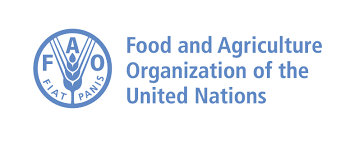TEHRAN, April 17, YJC - Globally, some 91-93 million tonnes of fish are captured each year, and seafood products are among the world's most widely traded food commodities, with an export value of $142 billion in 2016, Food and Agriculture Organization of the United Nations (FAO) Reported.

TEHRAN, Young Journalists Club (YJC) - According to press release published by the FAO Representation in the Islamic Republic of Iran, Illegal, Unreported and Unregulated (IUU) fishing is estimated to strip as much as 26 million additional tonnes of fish from the oceans annually, damaging marine ecosystems and sabotaging efforts to sustainably manage fisheries.
Currently an FAO-led push to establish internationally agreed standards that can guide the development of catch documentation schemes aimed at keeping illegally caught fish off store-shelves and consumers' plates has taken an important step forward.
A set of draft Voluntary Guidelines on Catch Documentation Schemes was recently unanimously adopted by a technical consultation that brought a 5-year negotiation effort to a close, and are now poised for adoption by all FAO Members at the UN agency's upcoming bi-annual governing conference (Rome 3-8 July 2017).
Once approved by the Conference, the guidelines will act as an internationally-recognized "gold standard" reference for governments and businesses looking to establish systems that can trace fish from their point of capture through the entire supply chain - from "sea to plate" - in order to stop illegally caught fish from entering the marketplace.
Catch documentation schemes (CDS) offer a way to cut down on trade in illegal fish. The basic concept: shipments of fish are certified by national authorities as being caught legally and in compliance with best practices; certifying hard-copy documentation then accompanies the fish as they are processed and marketed nationally or internationally.
Only fish with valid documentation can be exported or traded to markets where a CDS requirement exists.
Fishing without permission, exceeding catch quotas, catching protected species, using outlawed types of gear are among the most common IUU fishing offenses.
Such practices not only undermine the global seafood industry as a whole, but can be particularly devastating for the millions of people around the world who depend on fishing for their livelihoods and as a critical source of protein and vitamins.
